
There is recent evidence however on the impact of foreign players on club performance in a recent paper in the Journal of Sports Economics (requires subscription). A colleague, Vicente Royuela, and his co-author Roberto Gasquez, from the University of Barcelona examined the influence of foreign players on the success of football clubs.
Using data from 971 clubs across the top-tier of 71 leagues, the paper shows that clubs in leagues with a higher proprtion of foreign players tend to perform better than clubs in leagues with less foreign players. However, within a league, having more foreign players does not have a significant effect on a club's performance.
This has implications for the FA's new policy on caps on foreign players. Fewer foreign players will negatively affect the quality of the clubs in the Premier League, damaging the 'product'. This indicates why the Premier League would oppose the move. At the same time, the relative performance of clubs with the Premier League will be unaffected. The most important determinant of within-league performance according to the authors is a club's wealth.
This suggests that those clubs that can afford to sign better quality foreign players will still be relatively better able to sign them. It highlights of course that the most important part of performance is not from where players come, but how good they are.
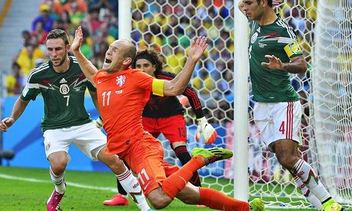
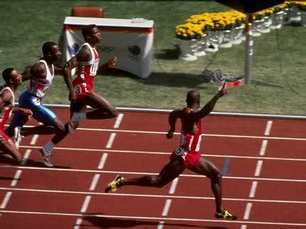
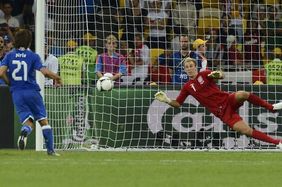
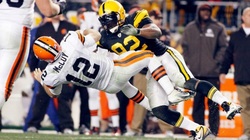
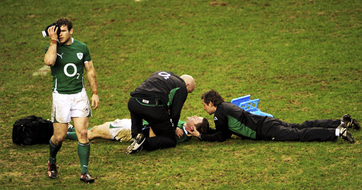
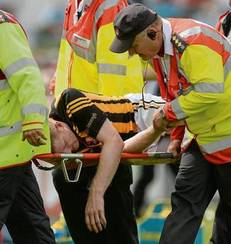

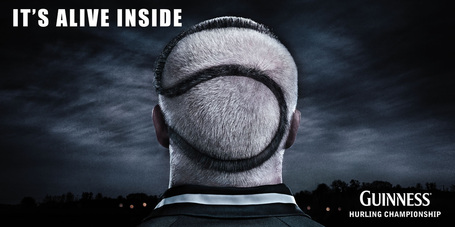
 RSS Feed
RSS Feed